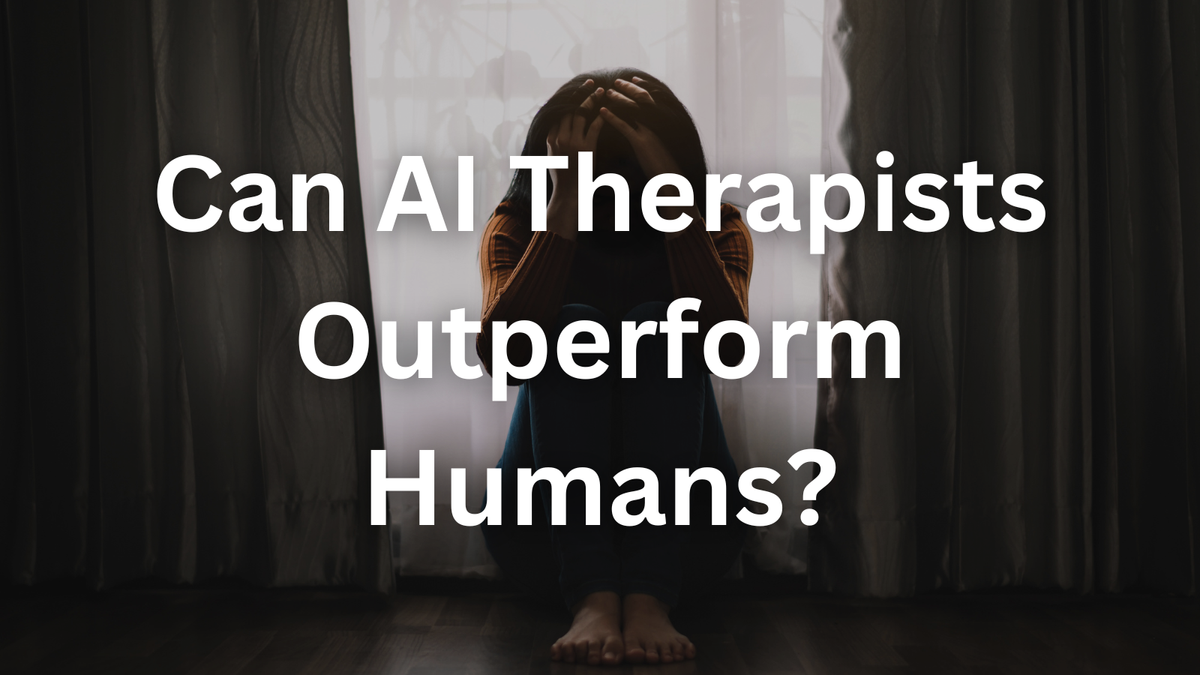Can AI Therapists Outperform Humans? The Surprising Answer from Dartmouth’s Study

AI vs. Human Therapists: Who Heals Better?
Imagine messaging a therapist at 3 a.m. about your insomnia—and getting instant, empathetic advice. This isn’t science fiction. Dartmouth researchers just proved AI therapy bots can rival human clinicians in treating mental health conditions. But with unregulated chatbots already causing harm, can we trust this breakthrough? Let’s dive in.
🌍 The Mental Health Crisis: A System on the Brink
- 1 clinician per 340 people: The U.S. faces a dire shortage of mental health providers.
- 5+ years of AI missteps: Previous chatbots led to self-harm due to poor training.
- 200-person trial success: Dartmouth’s AI-treated group showed "significant improvement" in depression, anxiety, and eating disorder risks.
- Surprise bonding: Patients developed stronger trust with bots than expected—a key predictor of therapy success.
✅ Dartmouth’s Therabot: How AI Therapy Finally Works
- ✅ Clinical-grade training: 5+ years refining algorithms using evidence-based psychotherapy techniques.
- ✅ 24/7 accessibility: Patients messaged bots during insomnia episodes and crisis moments.
- ✅ APA-approved: The American Psychological Association praises its science-backed design and safety protocols.
⚠️ The Roadblocks: Why AI Therapy Still Scares Experts
- 🚧 Regulation gaps: Most AI therapy tools lack clinical validation (APA calls them "dangerous").
- ⚠️ Trust paradox: While Dartmouth’s bot built rapport, 68% of Americans still prefer human therapists (APA survey).
- ⏳ Long road to market: Researchers need more trials before public release.
🚀 Final Verdict: Bots Won’t Replace Humans—Yet
The math is simple: We need 1.5 million more clinicians to meet U.S. mental health demands. Dartmouth’s AI could bridge this gap if:
- 📈 Regulators create strict certification standards
- 🤖 Developers prioritize safety over speed
- 💡 Patients view bots as supplements—not replacements
As APA’s Vaile Wright says: "We need all the quality therapists we can get—be they human or bot." Would you try an AI therapist?
Let us know on X (Former Twitter)
Sources: Katia Riddle. The (artificial intelligence) therapist can see you now, 2025-04-07. https://www.npr.org/sections/shots-health-news/2025/04/07/nx-s1-5351312/artificial-intelligence-mental-health-therapy










